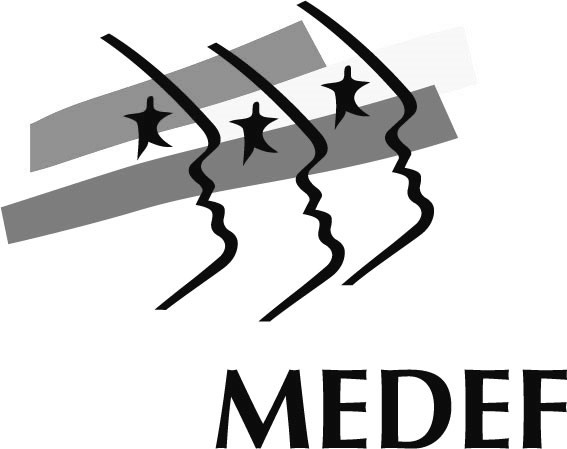Managers, executives : to each his own type of coaching !
Until 2010, coaching, mainly behavioral, was directed at managers and executives of large companies. For the past ten years, coaching in companies has been growing rapidly : its increasing popularity, its effectiveness and the need for executive coaching have largely contributed to promote it among SMEs, scale-ups and ETIs.
Faced with this new demand, coaching has adopted two complementary approaches to provide companies with a choice: behavioral coaching aimed more at managers and business operational coaching reserved for executives.
With a renewed coaching approach that now embraces three congruent objectives, namely to develop :
- The value of the company ;
- The skills of the executive and their close team in the manager’s job ;
- The pleasure and life balance of the manager and their close team.
This type of coaching for SMEs and ETIs, which is more operational and business-oriented, has gradually emerged as prevalent. It encompasses the coaching of the manager and their executive committee because coaching must develop the locomotive (the manager) and the first wagon (the executive committee).
- This type of coaching is at the crossroads of several coaching techniques : Coaching – The art of listening and awareness ;
- Consulting – The art of providing solutions and of putting them into action ;
- Training – The art of developing technical and behavioral skills ;
- Mediation – The art of conflict management ;
- Co-development – The art of growing in conjunction with others.
This approach is mainly addressed by ex-executive coaches. Who better than an executive to support another executive operationally?
Faced with this novel approach to coaching, large companies are beginning to fragment their use :
- For managers, behavioral coaching is mainly conducted by executives of large companies who have become freelancers;
- For executives, operational/business coaching (which includes the behavioral block) is mainly carried out by former executives trained in several complementary techniques (coaching, consulting, training, mediation, co-development).
This dual approach raises the question of the development of coaches’ expertise.
Behavioral coaching is perfectly addressed by many excellent schools. Conversely, operational/business coaching, which includes some behavioral coaching, requires specific education. Through its very own internal school, Visconti has been delivering that exact training to its partners for 10 years now.
This is for us the only way to address the needs of our executive clients and members of the executive committee :
- Comprehensive guidance ;
- Expertise in the executive profession ;
- Tangible impact on the value of the company.
In a nutshell, corporate coaching is quickly and successfully developing around two professions responding to different needs.
Today, it is no longer a question of working only on the behavioral approach but also on the operational one. The company can then choose the support that best suits its needs in order to evolve.
The question is now, which of these two coaching positions best suits you ?










